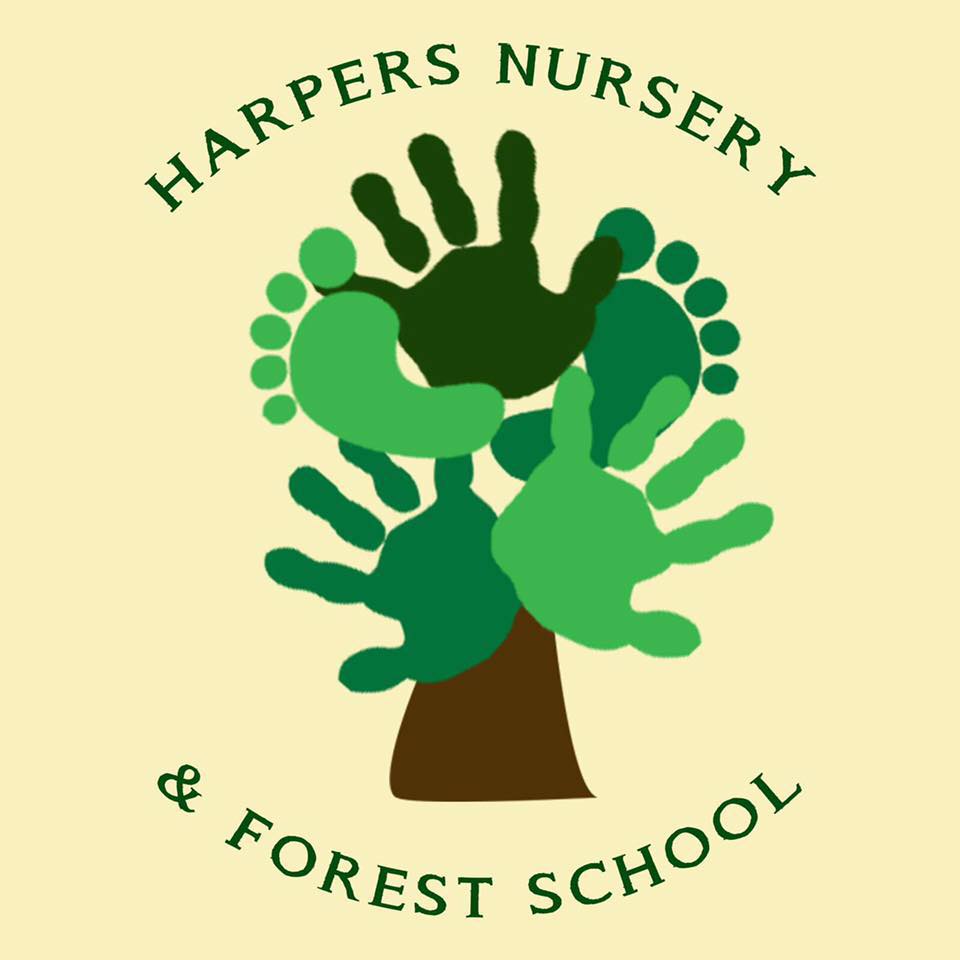Our Curriculum
EYFS Framework
- Communication and Language Development
Involves giving children opportunities to experience a rich language environment to develop their confidence and skills in expressing themselves and to speak and listen in a range of situations.
- Physical Development
Involves providing opportunities for young children to be active and interactive and to develop their coordination, control, and movement. Children are helped to understand the importance of physical activity and to make healthy choices in relation to food.
- Personal, Social and Emotional Development
Involves helping children to develop a positive sense of themselves and others to form positive relationships and develop respect for others, to develop social skills and learn how to manage their feelings, to understand appropriate behaviour in groups and to have confidence in their own abilities
- Literacy
Development involves encouraging children to link sounds and letters and to begin to read and write. Children are given access to a wide range of reading materials (books, poems, and other written materials) to ignite their interest.
- Mathematics
Involves providing children with opportunities to develop and improve their skills in counting, understanding and using numbers, calculating simple addition and subtraction problems, and describing the shape.
- Understanding the World
Involves guiding children to make sense of their physical world and their community through opportunities to explore, observe and find out about people, places, technology, and the environment.
- Expressive Arts and Design
Involves enabling children to explore and play with a wide range of media and materials, as well as providing opportunities and encouragement for sharing their thoughts, ideas and feelings through a variety of activities in art, music, movement, dance, role-play and design and technology.
Harpers Nursery School, Station Road, Blunham, Bedfordshire, MK44 3NX.
T: 01767 641499
